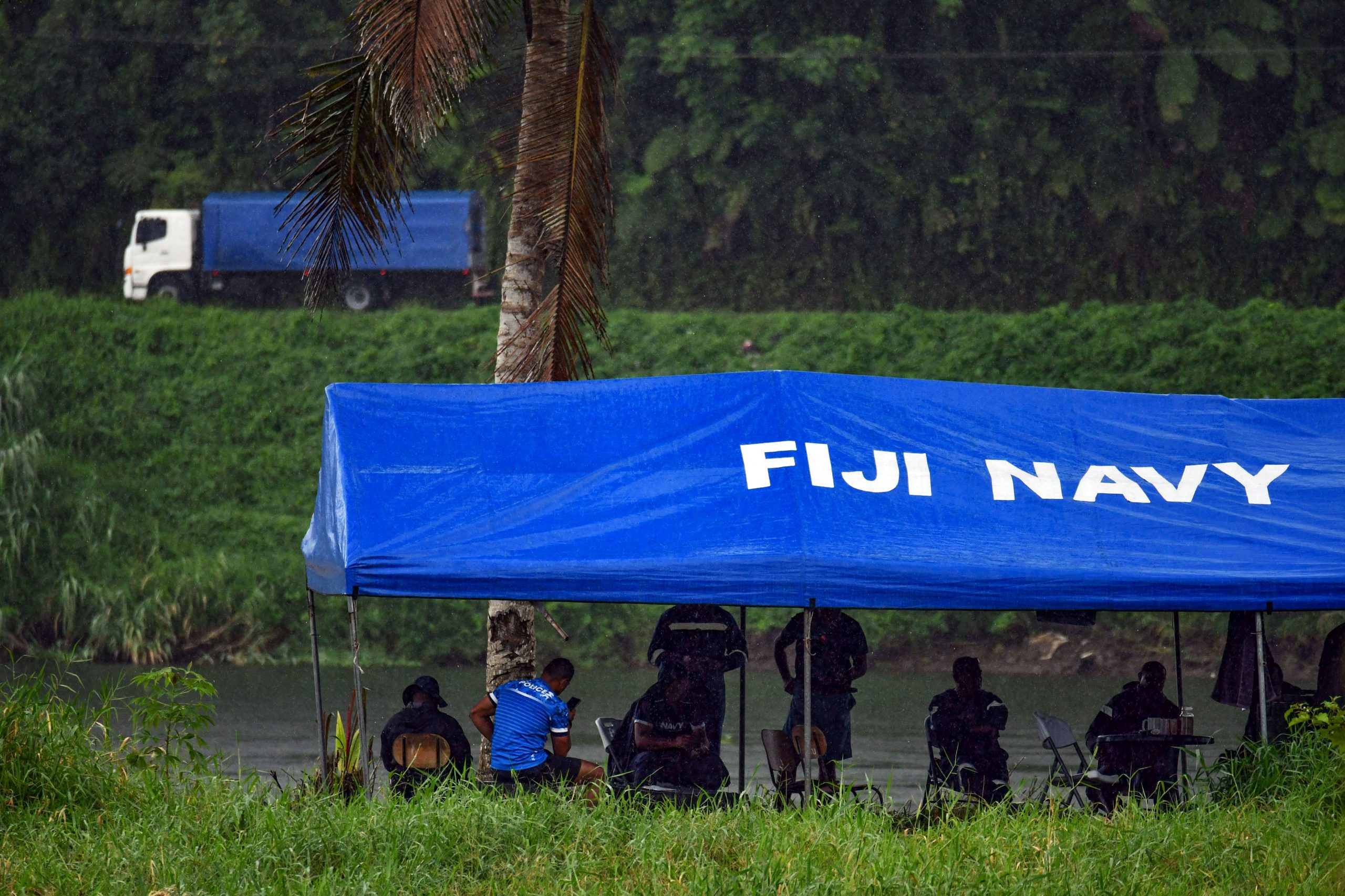A combined team from the Fiji Police Force and the Republic of Fiji Navy yesterday brought heartbreaking closure to days of searching, after finding the body of former Fiji national netball coach Unaisi Rokoura in the Rewa River. Her body was discovered yesterday near the Waila dredging site, ending an anxious wait for her family, friends, and the wider sporting community.
Rokoura, 47, was last seen on Saturday while collecting freshwater mussels with another woman, aged 34, near the Navuso Agricultural School in Naitasiri. The tragedy sent shockwaves through the country, as rescue teams scoured the Rewa River for days before finally locating her.
A respected and admired figure in Pacific sport, Rokoura’s impact on netball in Fiji and the region cannot be overstated. She represented the Fiji Pearls at two Commonwealth Games and two Netball World Cups before taking on coaching roles that shaped our next generation of players.
Between 2015 and 2017, she coached both the Fiji Pearls and the Papua New Guinea Pepes, earning a reputation for her discipline, leadership, and passion for the game.
Her death has affected Fiji’s sporting community. Former teammates, players, and supporters remember her as a dedicated mentor, a strong leader, and a humble woman who lived for the sport she loved.
But amid the sorrow, this tragedy serves as a painful reminder, that accidents can happen anywhere, and to anyone. It reminds us of the need to respect the waters that surround us.
We live in a country where rivers, creeks, and the ocean are part of our everyday life. This is why water safety must be treated as a national priority. Too often, we underestimate the power and unpredictability of our waterways. The sea and rivers may appear calm, yet hidden currents, deep pockets, or sudden changes in flow can turn a peaceful outing into tragedy within moments.
Understanding and practising water safety isn’t just about swimming ability. It’s about awareness, knowing our environment, assessing conditions before we enter the water, and understanding our own limits. It means ensuring children are always supervised, wearing life jackets where needed, and resisting the urge to take unnecessary risks.
The National Fire Authority, Police, and the Navy have repeatedly urged us to exercise caution around water, especially during the wet season when rivers rise quickly and currents strengthen. Sadly, it often takes a tragedy to reignite public awareness and reflection.
As we mourn the death of Rokoura, perhaps this moment should also serve as a wake-up call for us. Let’s consider stronger water safety education, better community awareness programs, and a renewed culture of care when it comes to our environment.
Let’s honour her memory by learning from this tragedy, by ensuring that safety becomes part of every family conversation when we venture near rivers, creeks, or the sea.
Our waterways have long been a source of life and livelihood for our people, but they demand respect. The beauty of our natural surroundings should never blind us to the dangers that come with them.
Rokoura’s death is a reminder that even those who have faced great challenges in life and achieved much can be caught off guard by nature’s force. As we remember her for her contributions to sport and her inspiration to many, let us also remember the lesson her death leaves behind, to always respect our waters, to be vigilant, and to never take safety for granted.
In honouring her legacy, may we find the wisdom to protect ourselves and others, ensuring that our rivers and seas remain places of joy and not sorrow!



